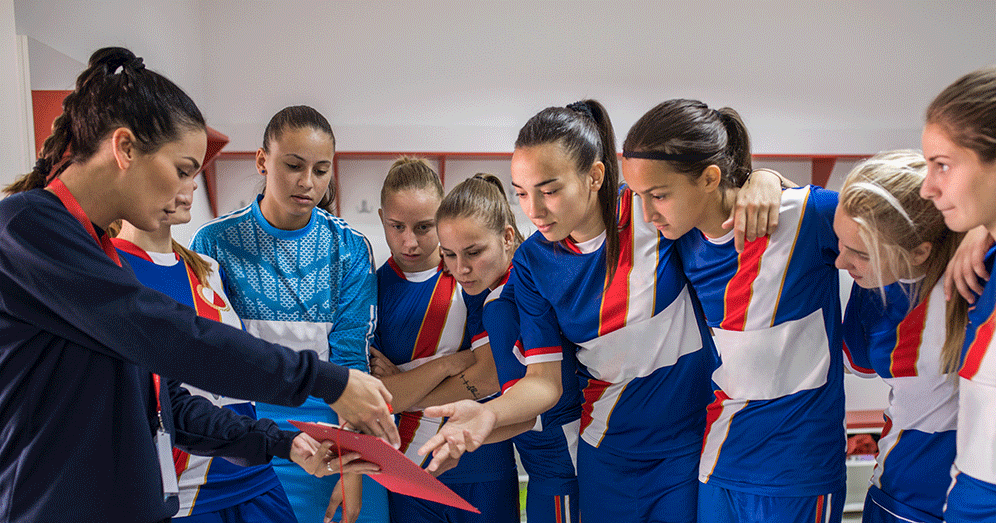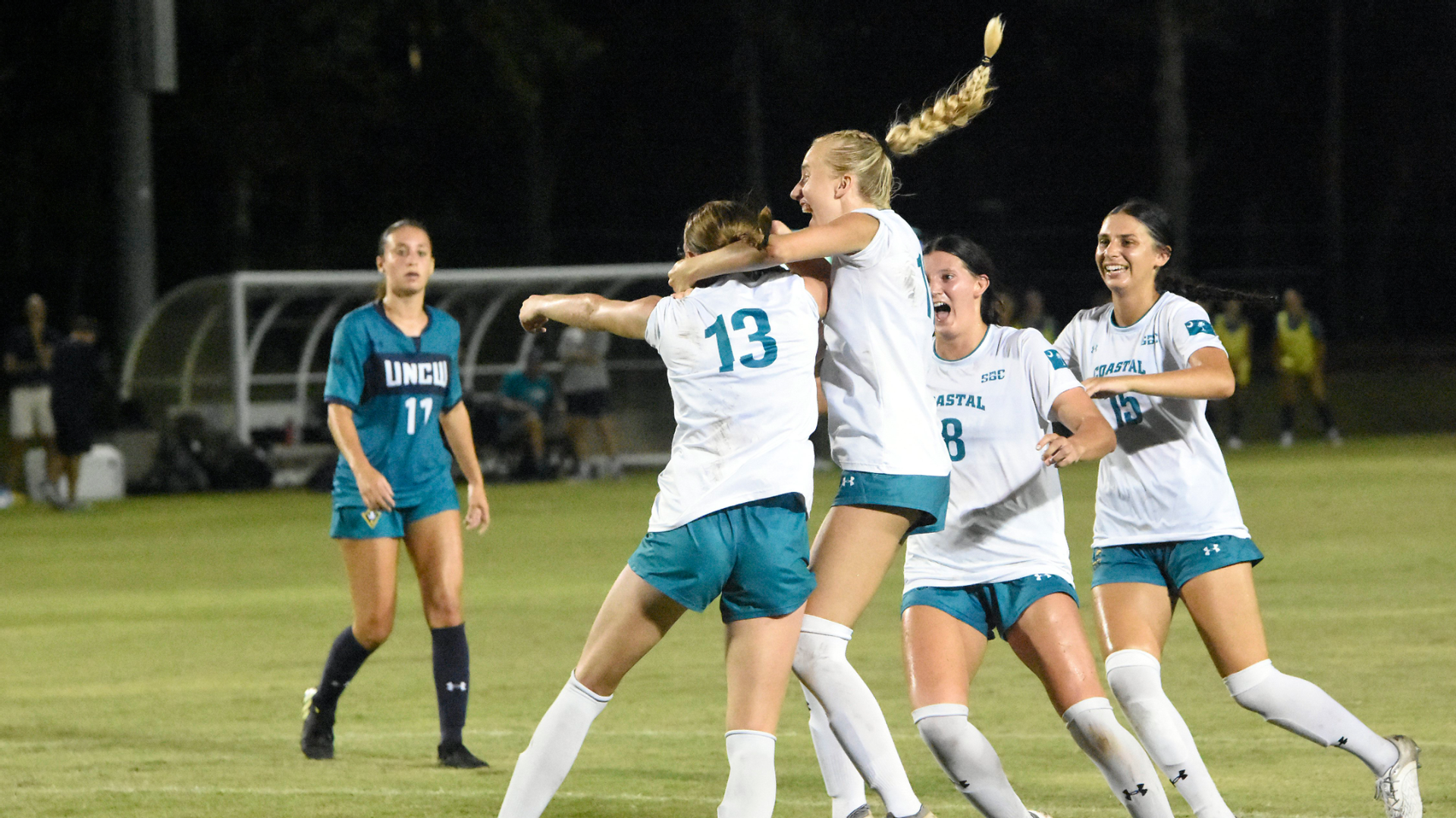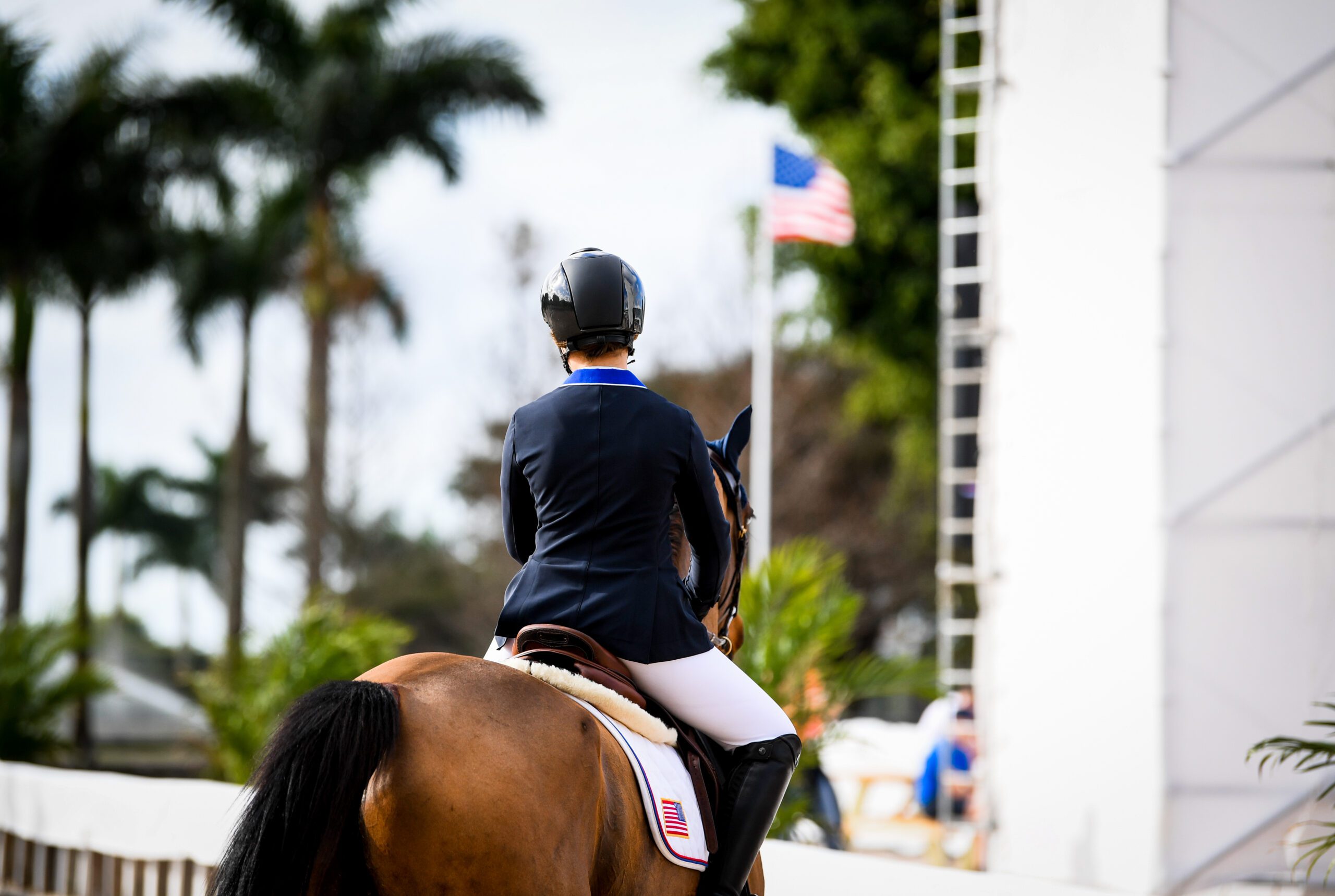Managing coaches has unique challenges and nuances compared to those associated with supervising staff. The pressures, visibility, mindset, and work style are often considerably different and require a different approach to be successful. Here are some tips to consider in your approach:
1. Become an expert relationship-builder. A relationship built on trust, respect, honesty and a common passion for success is a must.
2. Be direct, decisive, clear and consistent, even what you have bad news to deliver. None of us like to deliver bad news or say “no” to a coach on a request that is important to them. The impact will be compounded by delayed decisions and lack of clarity. Supervising coaches often includes making hard decisions and resolving conflict. Do this with both decisiveness and compassion.
3. Interact with your coach as a partner or a teammate, not as a “boss.” Sports supervisors and coaches both want the same things and are on the same team. Your role as a sports supervisor is to be a resource in helping build championship programs. “Partner” with coaches in achieving this goal and only play the “boss” card when behavior or decisions warrant.
4. Communicate, communicate, communicate and set boundaries and expectations on how you will communicate. You must be an over-communicator and must achieve this through live and in-person conversation. Hiding behind email is not the answer. Discuss with each coach how they prefer to be communicated with and agree on what is the most effective for both of you.
5. Be a great listener. Coaches are under a tremendous amount of pressure. Becoming a trusted confidant who listens well and hears their message is critical in helping them become their best and lead their student-athletes.
6. Be thick skinned and don’t take things personally. Coaches spend most of their time on the field of competition. These competitive environments often include communication styles that are more vocal, aggressive, emotionally charged, and direct than what you might see in an office environment. Work with your coaches to understand when and where their communication style is appropriate, but also don’t take things personally when they bring their communication style into your environment.
7. Let them know you care. There is no lost “power” or authority in letting your coaches know you care. Care about them personally, their success, and the well-being of their student-athletes. Pick up the phone on occasion and call for no reason other than to just check in and see how they are doing.
8. Stay on top of national and conference issues in your sports. It is difficult to be a resource for your coaches if you are not knowledgeable about the issues and trends in their sport. You must become an on-going student of all things related to your sport.
9. Be a great problem-solver. We all want our coaches to spend their time coaching. Be a great problem solver and “fire fighter” by proactively stepping in and assisting with problems, hurdles, barriers or even daily annoyances that get in the way of coaches spending time with student athletes.
10. Be visible, accessible, and get out of your environment and in to theirs. On occasion stop by a practice, a weight room workout, and drop in on them in their office when you can. Be visible at competitions, and travel with them as schedules and resources allow. Athletics is a round-the-clock endeavor, so be prepared to be available to coaches and student-athletes when needed to deal with timely issues.
11. Ask them what they need from you and make every effort to fill the need. One size does not fit all and every coach has their own individual and programmatic needs. Ask them how you can best support their program and where you are the most needed and work to fill this void.
12. Balance your role as an advocate for a program with the overall greater good of the Athletics Department. It is often misconstrued that as a sport supervisor you are always supposed to advocate for your programs with the AD. At times this is appropriate, but your first responsibility is to advocate for what is right for the greater good — all of the student-athletes you serve in all sports, the department as a whole, and the institution.
13. Do what you say you are going to do. Coaches are used to a high level of accountability and expect action when you say you are going to do something. Lack of follow-up and accountability is a coaches’ pet peeve. And when you do drop the ball, admit it.
Excerpts from this article come from the Women Leaders in College Sports Sport Supervisor Toolkit. A special thank you to our partners at Women Leaders in College Sports and the Women Leaders Sport Supervision Sub-Committee!




















